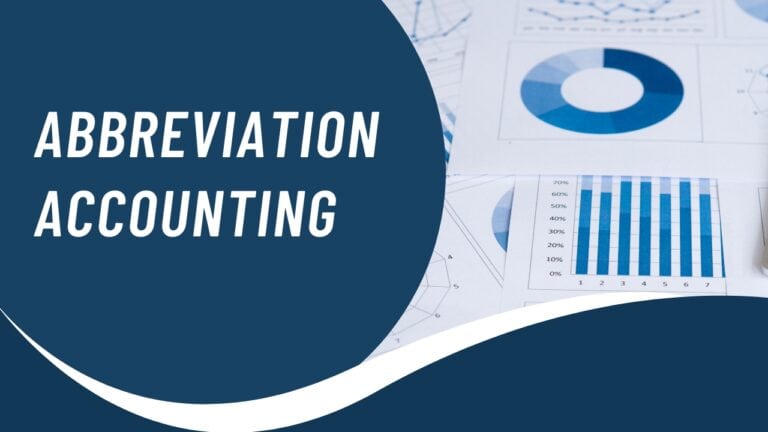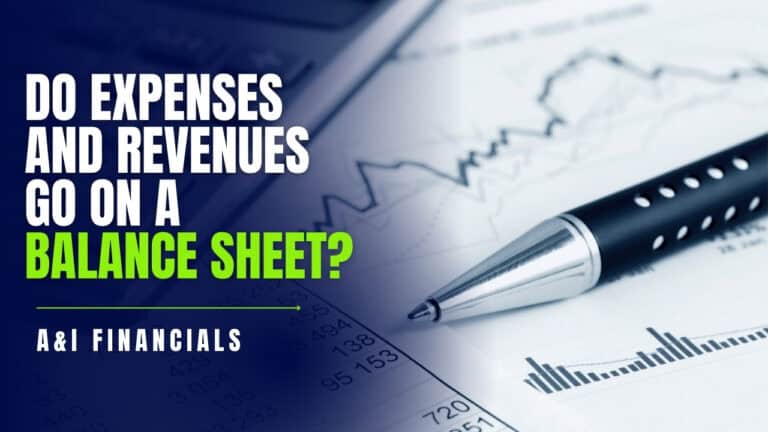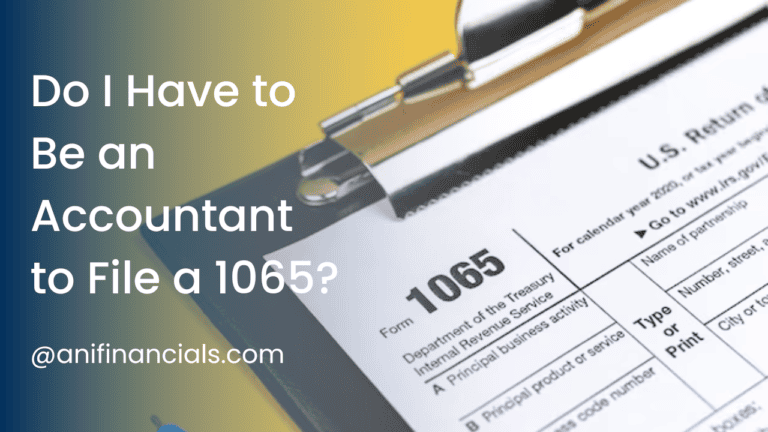Why Does Cash Have a Debit Balance Instead of a Credit?
Welcome to the fascinating world of accounting! Ever wonder, “Why does cash have a debit balance instead of a credit?” This inquiry frequently arises among both students and professionals, leaving many perplexed as they delve into the complexities of financial statements. In this article, we’ll explore this question in depth, breaking down the concepts into digestible pieces that make sense even if you’re not an accountant.
Understanding the Basics: What’s Debit and Credit?
Before we get into the nitty-gritty of our main question, let’s lay the groundwork. In accounting, every transaction is recorded in two parts – a debit and a credit.
- Debit: This entry is typically on the left side of an account ledger. It represents an increase in assets or expenses and a decrease in liabilities, income, or equity.
- Credit: Found on the right side, it indicates a decrease in assets or expenses and an increase in liabilities, income, or equity.
With these definitions in mind, let’s turn our focus back to cash.
The Role of Cash in Accounting
Cash, as you might guess, is an asset – something that your business owns which holds value. Since assets increase on the debit side, it naturally follows that cash accounts are debited when increased. But why does this matter? Well, understanding this helps in tracking how much cash is available at any time, which is crucial for the smooth operation of any business.
Why Does Cash Have a Debit Balance Instead of a Credit?
Now, onto our main question: “Why does cash have a debit balance instead of a credit?” Here are a few key reasons:
- Nature of Cash: Cash is an asset, and all assets have a debit balance when they increase. Since businesses usually aim to increase assets, cash typically sees more debits than credits.
- Daily Operations: Most businesses transact primarily with cash, meaning it’s constantly being received. Each receipt of cash is a debit entry, pushing the overall balance of the cash account to the debit side.
- Reflection of Liquidity: A debit balance in cash reflects a company’s liquidity, an indicator of its ability to cover immediate and short-term obligations. A credit balance might imply negative cash, a situation businesses want to avoid.
Debits and Credits in Action
Let’s simplify this with an example. Suppose you own a bookstore. When you sell a book and receive cash, you record:
- Debit: Cash account (increasing your asset)
- Credit: Sales revenue (increasing your income)
This transaction increases your cash on hand (debit) and your overall sales (credit). The constant flow of similar transactions generally keeps your cash account on the debit side.
The Impact on Financial Health
Understanding “Why does cash have a debit balance instead of a credit?” isn’t just academic; it directly impacts your financial statements and business health:
- Balance Sheet: A debit balance in cash contributes to the assets side, enhancing your company’s total asset value.
- Cash Flow Management: Effective cash management ensures that the cash account maintains a healthy debit balance, avoiding scenarios of overdrafts or negative balances.
Common Misconceptions
- Credit Balance Means Profit: Not necessarily. A credit balance in cash could indicate overdrafts or accounting errors, not profit.
- More Cash, More Credit: Remember, in accounting, more cash on hand is actually more debit, not credit!
Practical Tips for Managing Your Cash Account
- Regular Audits: Regularly check your cash account to ensure transactions are recorded correctly, maintaining its debit balance.
- Efficient Collection and Payment Strategies: Manage receivables and payables efficiently to ensure that your cash account remains healthy.
How Can We Help?
At A&I Financials, we understand the nuances of financial management and accounting. Struggling to keep your cash balances in check or have questions like “Why does cash have a debit balance instead of a credit?” Reach out to us! Our team of experts is here to help you streamline your financial processes, ensuring your accounts reflect the true health of your business.
In conclusion, the reason “Why does cash have a debit balance instead of a credit?” lies at the core of accounting principles. It reflects the fundamental nature of cash as an asset and its critical role in everyday business operations. By keeping these insights in mind, you can better manage your financials and foster a thriving business environment.
FAQS
Cash has a debit balance because it is an asset, and increases in assets are recorded as debits in accounting.
A debit balance in cash reflects positive liquidity, indicating that the company has sufficient funds to cover its immediate and short-term obligations.
Yes, a cash account can have a credit balance if there are overdrafts or accounting errors, but this situation is generally undesirable as it may indicate negative cash.
A debit balance in cash enhances a company’s asset value on the balance sheet and indicates healthy financial management and operational efficiency.
If a cash account shows a credit balance, the company should investigate for possible overdrafts, errors, or mismanagement and take corrective actions to restore a healthy debit balance.






